Exact Answer: 3 months
When the aortic valve is subjected to certain diseases, aortic valve replacement helps treat them. It is a surgical procedure that is performed to restore appropriate blood flow to the body, and help the heart muscle continue functioning effectively.
Coming under the family of medicines that are known as anticoagulants, Warfarin is recommended after procedures like the aortic valve replacement, as a blood thinner. Warfarin is available as a tablet that is taken through the mouth, under brand names such as Jantoven and Coumadin.
Warfarin helps prevent the formation of blood clots, and thus reducing the probability of having a heart attack or stroke after the surgery.
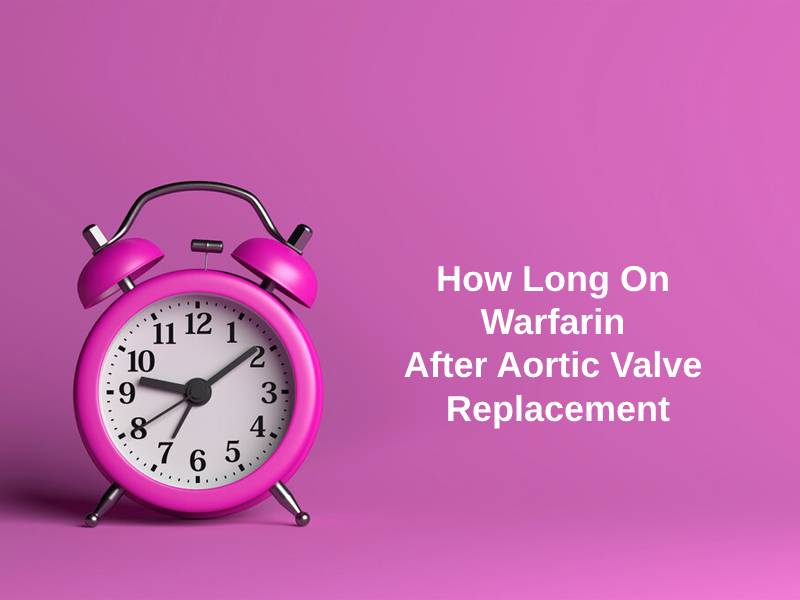
How Long On Warfarin After Aortic Valve Replacement?
| What type of drug is Warfarin? | Anticoagulant |
| Duration for taking Warfarin after aortic valve replacement | At least 3 months |
Warfarin is a medicine, under the class of drugs known as anticoagulants. It is primarily taken for treating blood clots and reducing the probability of developing blood clots in the body. Blood clots can severely impact and threaten one’s life as they can lead to a heart attack or stroke.
In addition, if it develops in parts of the body such as lungs or legs, then it will cause dangerous complications. For the legs, Warfarin reduces the chances of developing blood clots called deep vein thrombosis. For the lungs, Warfarin reduces the chances of developing blood clots called pulmonary embolism.
It is prescribed by health professionals for patients who have recently undergone heart valve replacement and atrial fibrillation.
By halting the production of blood clotting factors, Warfarin prevents the formation of unnecessary blood clots. This is how Warfarin functions effectively.

The aortic valve replacement essentially treats diseases that are located in the aortic valve, ensuring a healthy flow of blood. The aortic valve is one of the four valves in the heart that helps maintain the flow of blood in the right direction, throughout the cardiac muscle. If the aortic valve fails to function properly, then it can negatively impact the flow of blood. In this case, the heart must work way harder to pump the blood.
Aortic valve replacement can either be done using open-heart surgery or less invasive techniques. During open-heart surgeries, the surgeon makes an incision directly in the chest. During minimally invasive procedures, on the other hand, the surgeon either makes small incisions in the chest or inserts a catheter into the chest or leg. The surgeon basically replaces the affected aortic valve with a mechanical one that is made out of heart tissue from a pig, cow, or human.
After the surgery, the doctor will prescribe any anticoagulant like Warfarin for at least 3 months.
Why Is Warfarin Taken For That Long After Aortic Valve Replacement?
After an aortic valve replacement, the chances of developing blood clots are the highest for three months. This is why Warfarin is prescribed for at least 3 months after the valve replacement.
Another reason is that mechanical valves are man-made, and made out of titanium and carbon. This may cause the blood to stick to the mechanical valve. If it sticks, then the valve becomes clogged, leading to a malfunction. When this valve becomes clogged, blood clots may form and can break off. They may then flow through the blood to crucial organs such as the brain or heart. This can clog blood vessels and prevents the proper flow of blood to important organs. This will deprive the organs of oxygen, and lead to dysfunction of organs.
Additionally, when the surgeon places an artificial valve, the blood does not flow the same smooth and normal way as it did before. Because of this, blood clots tend to develop.
The chances of developing complications such as thromboembolism, prosthetic valve thrombosis, and systemic emboli, are also reduced significantly due to the periodic intake of Warfarin.

But if Warfarin is taken for too long, or in the wrong dosage, it can exhibit very serious side effects. Some of them are abnormal bruises, vomiting and coughing up blood, nosebleeds, gums bleeding, cuts that a long time to stop bleeding, black or red stool, brown or pink urine, excessive vaginal or menstrual bleeding, purple toes syndrome, and skin tissue dying due to lack of blood flow.
This is why Warfarin is taken for at least 3 months after the surgery and is stopped after that. But in certain cases, the patient might have to take Warfarin for a longer time, maybe even for the rest of their life.
Conclusion
To conclude, Warfarin is extremely helpful for people who have recently had an aortic valve replacement. It is recommended for at least 3 months after the surgical procedure, in order to prevent blood clots, heart attacks, strokes, and other heart-related complications.
It is not only used for aortic valve replacements but it is commonly prescribed after many major surgeries that involve the heart.
It is important to consult a health professional if you do want to take another medicine while you are taking Warfarin, as it can interact with the function of the drug, and cause unpleasant and sometimes dangerous side effects.


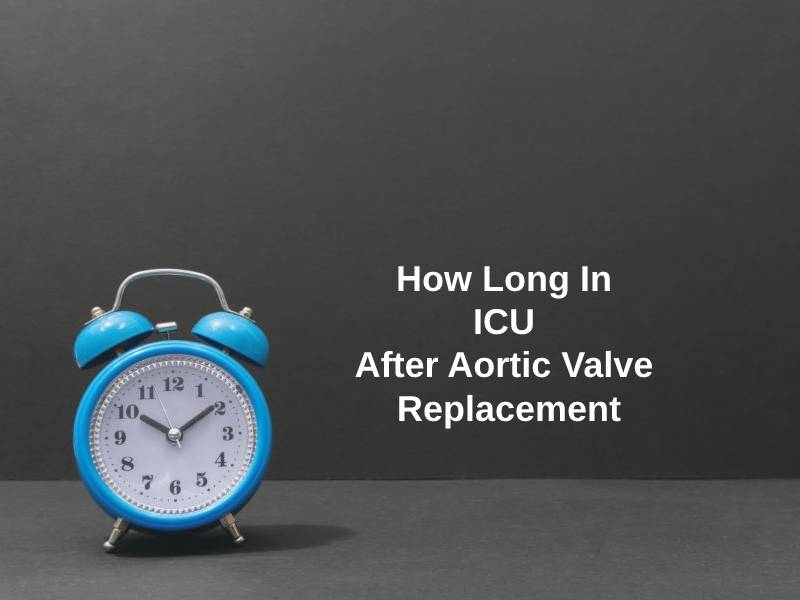
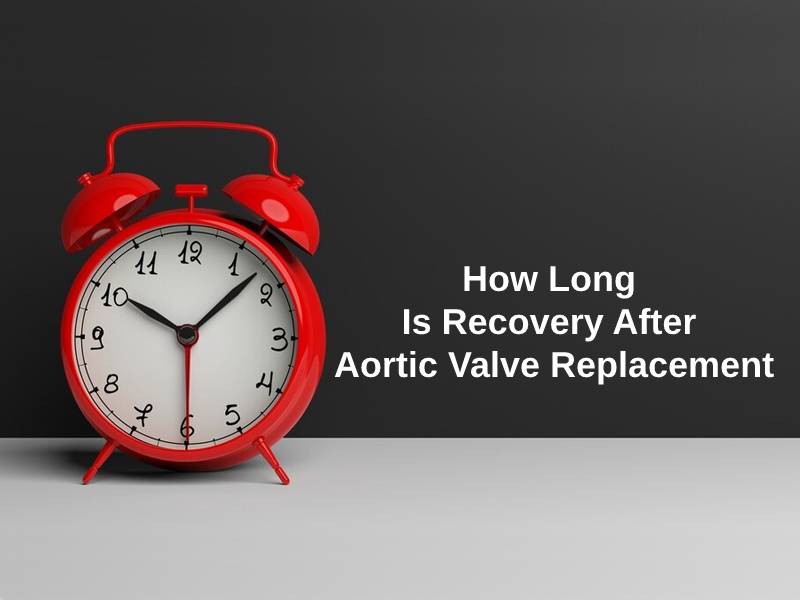
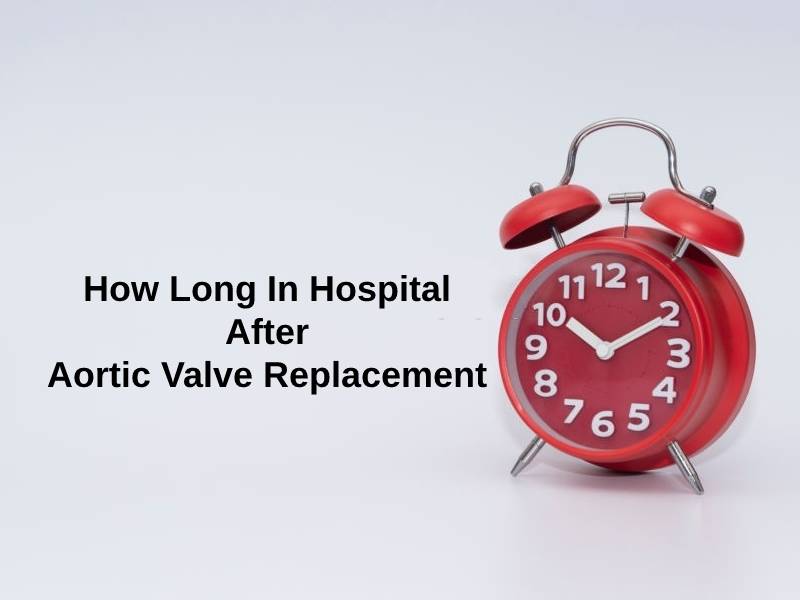

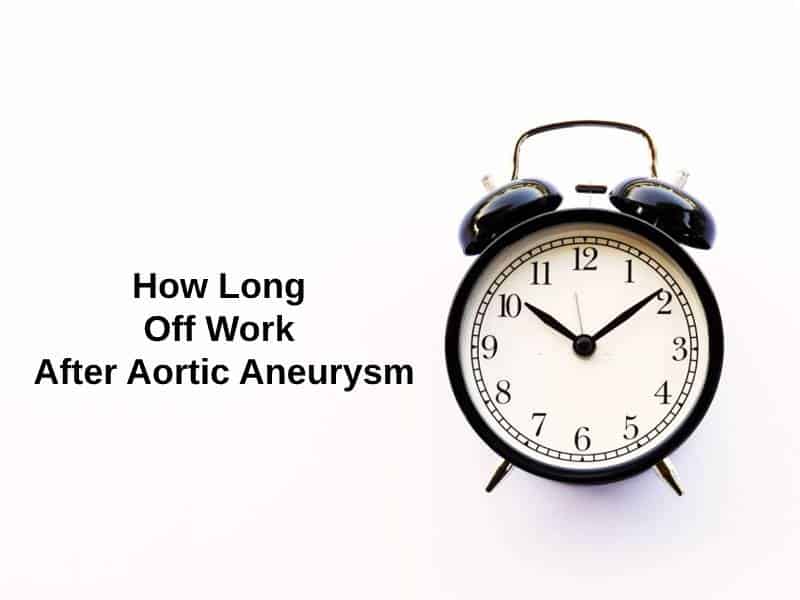

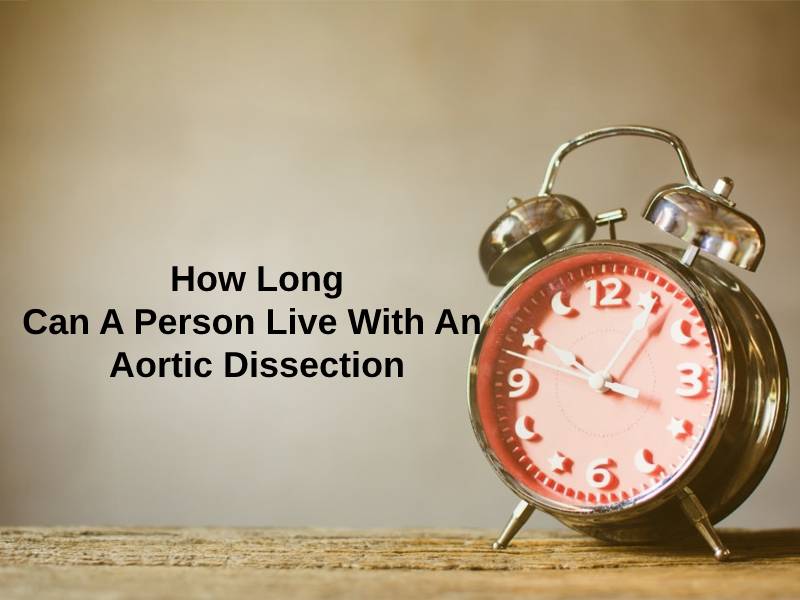

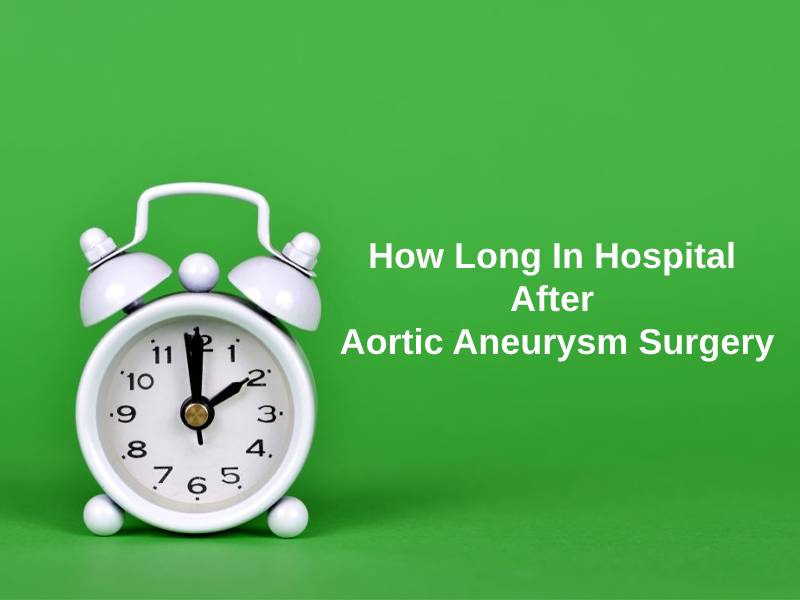
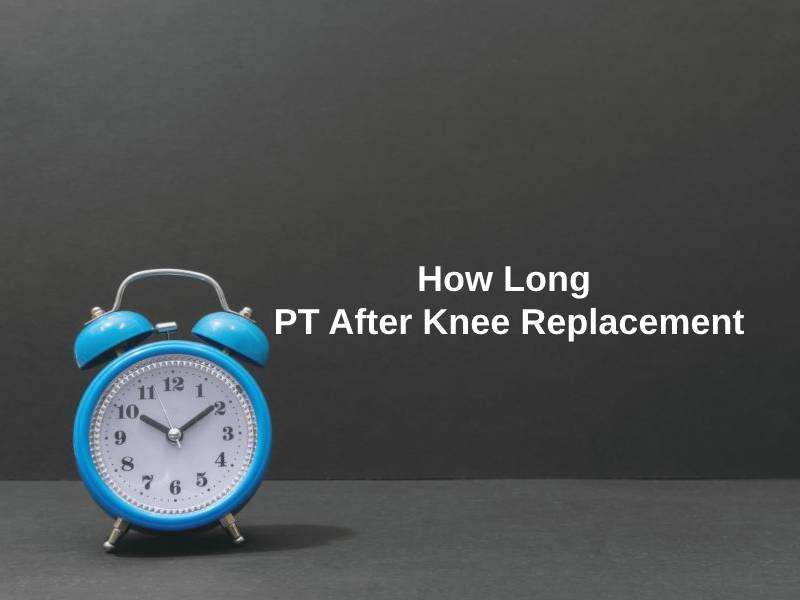
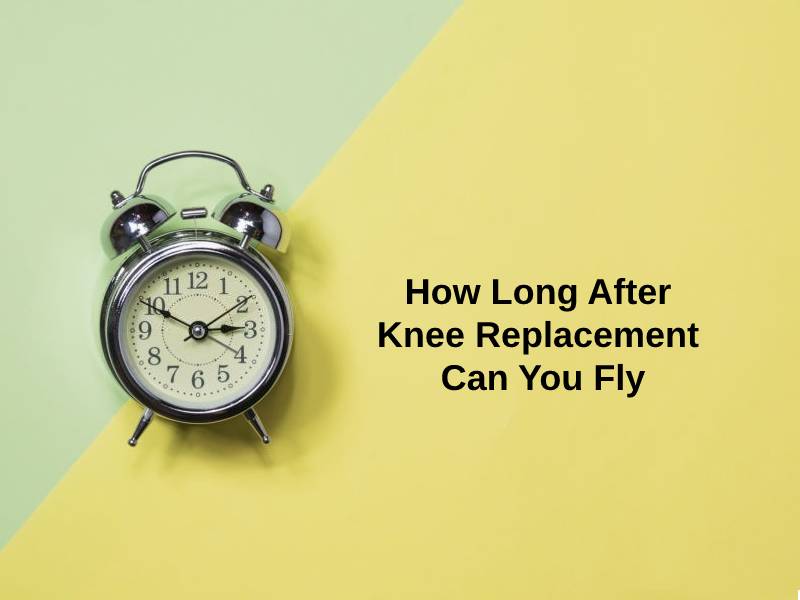
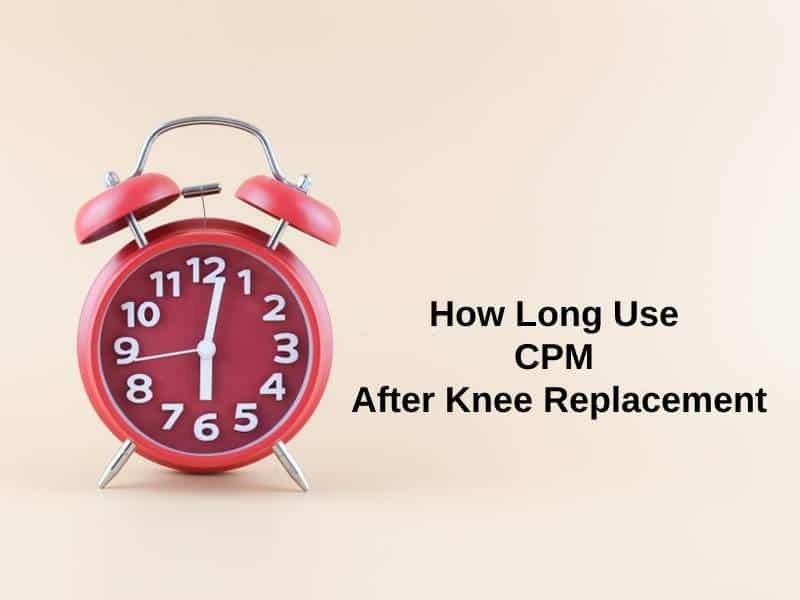


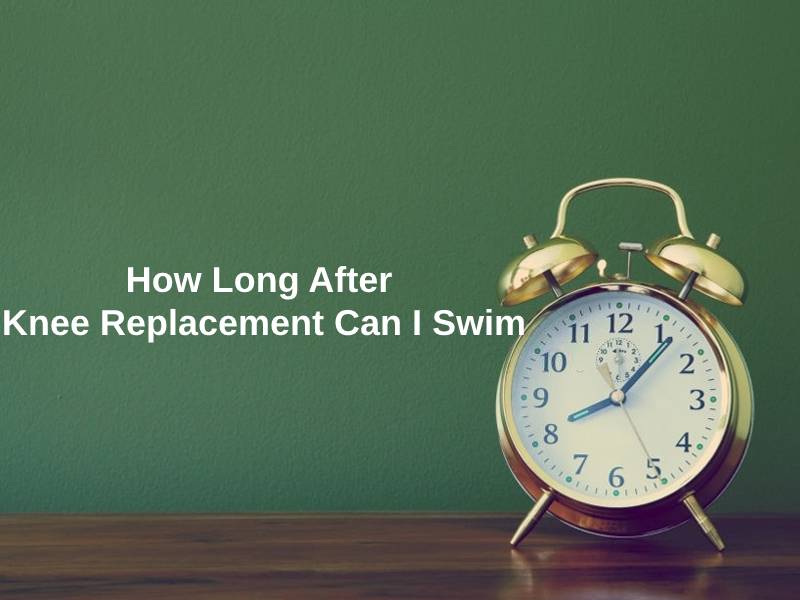
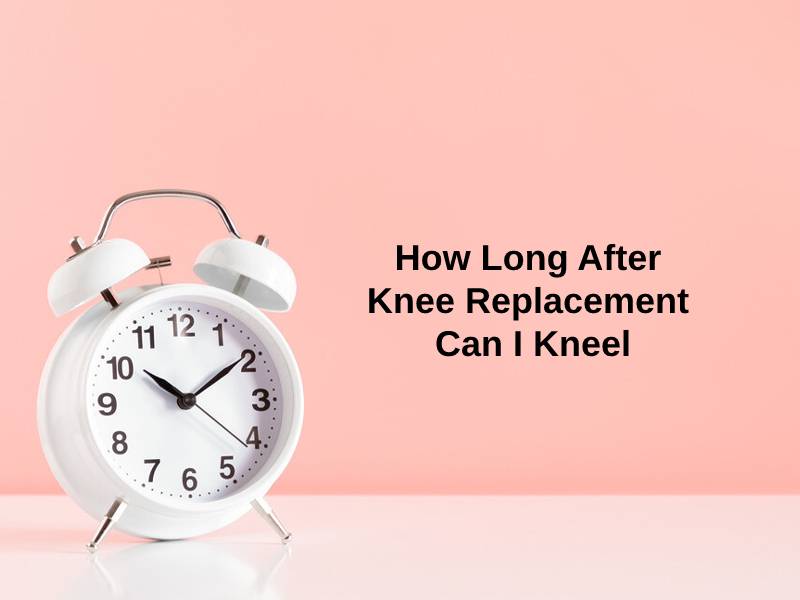






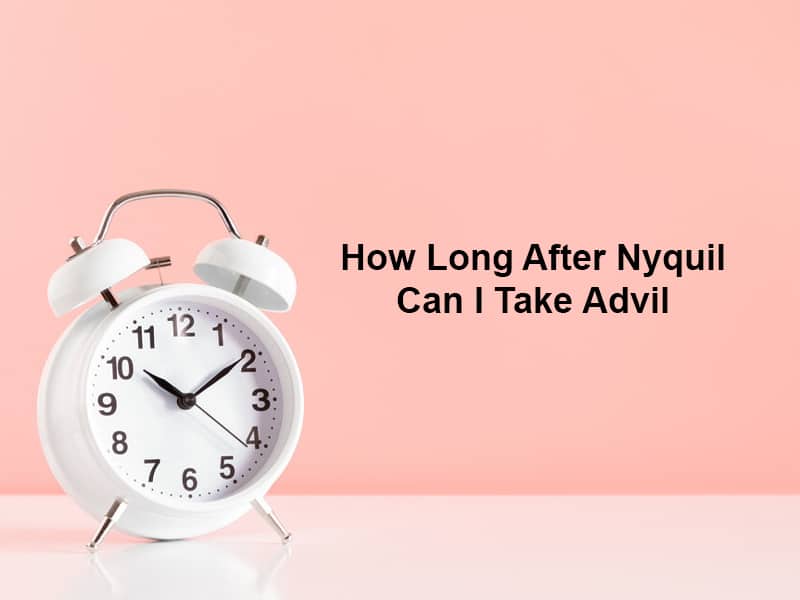


The detailed information in the article provides a commendable explanation for why Warfarin must be taken for 3 months after aortic valve replacement.
I completely agree, the detailed insights in this article serve as an educational resource for understanding the recovery phase after aortic valve replacement.
The article’s detailed explanation of Warfarin’s duration post-surgery offers a substantial understanding of the patient’s journey.
This article provides a very informative explanation about the aortic valve replacement procedure and why Warfarin is taken for at least 3 months after the surgery.
Definitely, the precise details in this article are highly beneficial for those undergoing or preparing for aortic valve replacement.
I agree, it’s important to understand the reasons behind taking Warfarin after the surgery.
The reasons for the 3-month duration of Warfarin intake following aortic valve replacement are effectively conveyed in this article.
The article effectively communicates the reasons for the 3-month duration of Warfarin intake after aortic valve replacement.
Indeed, it’s commendable how the article presents the medical necessity of Warfarin following the surgical procedure.
The article makes it clear why Warfarin is taken for 3 months after aortic valve replacement. It’s essential information for anyone going through this procedure.
Agreed, this article offers valuable insights for post-surgery care and understanding the role of Warfarin in recovery.
The author provides compelling reasons for the duration of Warfarin intake after aortic valve replacement. It’s crucial to follow the medical advice given.
The detailed explanation provides an understanding of why Warfarin is crucial and its potential risks if not taken appropriately.
Absolutely, this emphasizes the significance of adhering to the prescribed medications and duration after the surgery.
The detailed explanation of Warfarin’s duration post-aortic valve replacement effectively communicates the significance of the medication in the patient’s recovery process.
The article serves as a valuable resource for patients and individuals involved in the care of those undergoing aortic valve replacement, emphasizing the importance of Warfarin intake.
Absolutely, the article delivers a comprehensive explanation of the post-surgery period and the necessity of Warfarin intake.
The article effectively explains why Warfarin is taken for 3 months after aortic valve replacement, providing insight into the impact and necessity of the medication.
The content effectively conveys the medical reasons for Warfarin’s duration after aortic valve replacement, offering significant clarity on post-surgery care.
The article’s detailed rationale for the duration of Warfarin intake post-surgery highlights the importance of this information for patients and caregivers.
This article’s depth provides a comprehensive understanding of the treatment process after aortic valve replacement. The importance of Warfarin intake is well explained.
Absolutely, the article delivers a detailed understanding of the post-surgery period and the role of Warfarin in the recovery process.
It’s crucial for individuals to understand the detailed reasons behind the 3-month duration of Warfarin intake after aortic valve replacement. This article provides indispensable information for the audience.
The article contributes to the understanding of critical post-surgery care and emphasizes the importance of following medical advice for Warfarin intake.
Absolutely, the article’s clarity on this subject is highly beneficial for patients and caregivers alike.